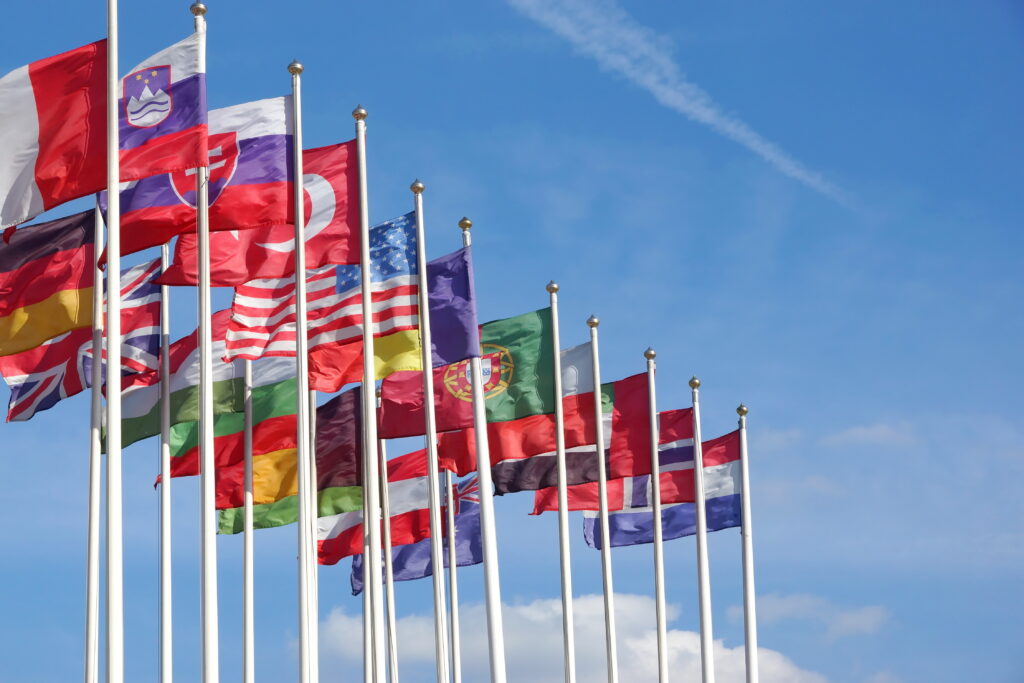Poland has assumed the six-month presidency of the European Union Council. The nation focuses on collaboration and regional stability. Operating under the motto “Security and Unity!”, Poland aims to address critical challenges while fostering progress across member states.
Commitment to Comprehensive Security Measures
The Polish presidency emphasizes enhancing security in external defense, internal stability, economic resilience, energy reliability, and public health. Adam Szłapka, Minister for EU Affairs, stressed the importance of these goals. “Our shared security is indispensable,” Szłapka stated. Poland has scheduled over 300 official meetings, 22 informal ministerial councils, and nearly 200 cultural events to achieve these objectives.
Poland’s presidency starts amid significant challenges, including the ongoing war in Ukraine and tensions at the Polish-Belarusian border. Prime Minister Donald Tusk described the border issues as “hybrid warfare,” urging stronger European unity to confront these threats effectively.
A Shift from Hungary’s Divisive Leadership
Poland’s term follows Hungary’s controversial presidency, marked by Viktor Orbán’s obstruction of EU sanctions against Russia and his divisive “peace mission.” Poland seeks to take a new direction, prioritizing solidarity and decisive action within the EU.
The transition from the nationalist-conservative PiS government to Donald Tusk’s pro-European Civic Coalition signifies a major shift in Poland’s EU approach. “What we inherited demands bold decisions,” Tusk emphasized. The presidency also provides Tusk a strategic platform ahead of Poland’s upcoming presidential elections, seen as a critical test for his party’s vision.
Poland aims to restore trust among EU partners and promote unity across the bloc. Under the PiS government, Poland often clashed with the EU over judicial reforms and human rights issues. Tusk reaffirmed his commitment to a new path. “We are determined to shape the future of Poland and the European Union,” he declared.
